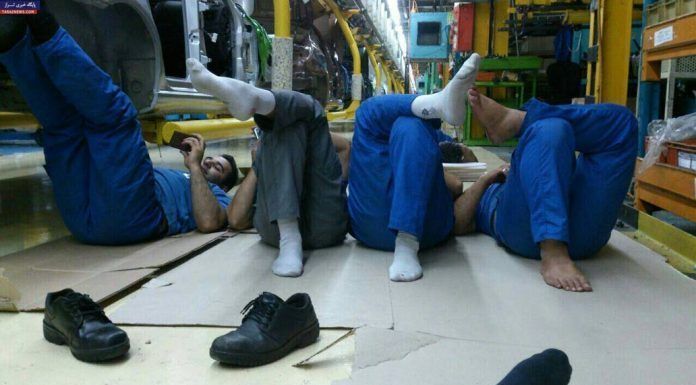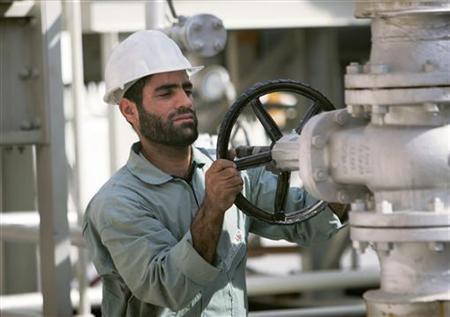Iran has thwarted U.S. efforts to halt the sale of its oil, the Islamic Republic News Agency reported on May 31, citing Abdolnaser Hemmati, the governor of Iran’s Central Bank.
Mr. Hemmati made the comments during a news briefing on the sidelines of the Qods (Jerusalem) Day rally held on the last Friday of Ramadan.
“The U.S. has been trying to halt Iranian oil exports. However, we have successfully countered these measures by devising systems which have helped us receive our oil revenue,” Hemmati said. “The U.S. and its allies attempted to bring Iran down to its knees last year, but they failed miserably. We are in much better shape this year. We have remained steadfast and stabilized the country’s economy.”
Iran’s economy is on the verge of collapse on account of hyperinflation, the high cost of goods, rapidly growing unemployment and housing, food, and medicine shortages. Many factories, manufacturing plants, wholesalers, and retailers have gone out of business because of the high cost of raw material and the lack of goods.
Many of the country’s major industries, including the oil and gas sectors, have halted massive projects and laid off a large segment of their workforce. There have been many protests by workers in the past year who have not received their salaries and wages for months.
Iran’s oil exports fell to 500,000 barrels per day in May, showing a 50 percent drop in less than a month. By contrast, Iran shipped 2.5 million barrels per day in April 2018, a month before U.S. President Donald Trump withdrew from the Joint Comprehensive Plan of Action (JCPOA), better known as the Iran nuclear deal.
The government’s 2019-20 budget predicted $5.7 billion in oil revenue. It is highly unlikely that the government will meet its target. The budget deficit is set to exceed the previous forecast of $11 billion.
It is unclear what Mr. Hemmati means when he refers to the government devising methods to generate oil revenue and stabilize the economy.
[Translated from Persian by Fardine Hamidi]



